Many people approaching retirement dream of spending their golden years somewhere serene, affordable, and culturally rich. It is what keeps them motivated through their working years.
If you’ve been thinking about where to spend your retirement, retirement in Montenegro might be one of the best choices you’ll come across.
Montenegro offers a combination of natural beauty, warm hospitality, and a surprisingly affordable lifestyle, making it a rising destination for retirees worldwide.
Thanks to tourism and foreign investments, Montenegro has a stable economy that provides citizens and expats with a good living.
Whether you’re from Europe, North America, or beyond, retirement in Montenegro has become a topic worth exploring.
This guide will help you understand why more retirees are choosing this Balkan gem, what life here looks like, and how you can make the transition as smooth as possible.

Why Retire in Montenegro?
Retiring in Montenegro isn't just about cheap living costs, though those don't hurt. It's about finding a place where your retirement savings actually stretch, where healthcare won't bankrupt you, and where you can still afford to enjoy life instead of just surviving it.
The appeal of Montenegro lies in its balance. It’s a small country with vast mountains, a sparkling Adriatic coastline, medieval towns, and modern conveniences.
The same money that would give you a cramped apartment and basic lifestyle in Lisbon will give you a sea-view apartment, a car, and enough left over for weekly dinners out and European travel in Montenegro.
Another thing that really matters for retirees is that Montenegro uses the Euro, so no currency exchange headaches. It's politically stable with EU candidacy moving forward. The infrastructure's modern enough for comfortable living but traditional enough to feel authentic.
The people are great, too. Montenegrins respect their elders in ways that'll remind you of how America used to be. The elderly get helped with groceries, invited to family celebrations, and treated like honoured guests rather than invisible nuisances.
Cost of Living and Affordability
One of the biggest draws is affordability. Compared to many Western European countries, the cost of living in Montenegro is significantly lower. From housing to healthcare to everyday expenses, retirees often find that their pensions or savings go much further here.
We’re talking 60% to 70% less than most Western European retirement spots. Your morning coffee costs €1, not €4. A three-course dinner with wine runs €15 to €20, not €50. Property taxes on a nice apartment might be €200 annually instead of €2,000.
Even waterfront apartments or countryside homes are accessible to retirees with modest budgets. For those searching for the best place to retire in Montenegro, affordability and access to amenities often guide the decision. Coastal towns such as Herceg Novi, Bar, and Budva offer vibrant communities, while inland towns like Cetinje and Niksic provide peace and lower costs.
Retiring here doesn’t just mean living somewhere beautiful; it means enjoying a lifestyle that offers quality without high costs.
Groceries, transportation, and utility bills are all reasonably priced. Eating out at a local restaurant can cost a fraction of what you might pay in Western countries.
Healthcare for Retirees
This always comes up during the initial consultations, and we get it. Healthcare's probably your biggest retirement worry, especially if you're American and used to the nightmare that is US medical costs.
Montenegro's healthcare system isn't perfect, but it's functional and affordable. Montenegro offers both public and private healthcare facilities. For retirement in Montenegro for US citizens and other non-EU nationals, private health insurance is generally recommended.
Prescription medications cost a fraction of US prices. Many procedures that'd require months of waiting in Canada or the UK can be scheduled within weeks here.
The private healthcare sector is growing rapidly too. Modern clinics with English-speaking staff, equipment that's often newer than what you'd find in small-town American hospitals, and treatment costs that won't force you to choose between health and financial security.
Plus, you're three hours from world-class medical facilities in Vienna or Munich if you need specialized treatment.
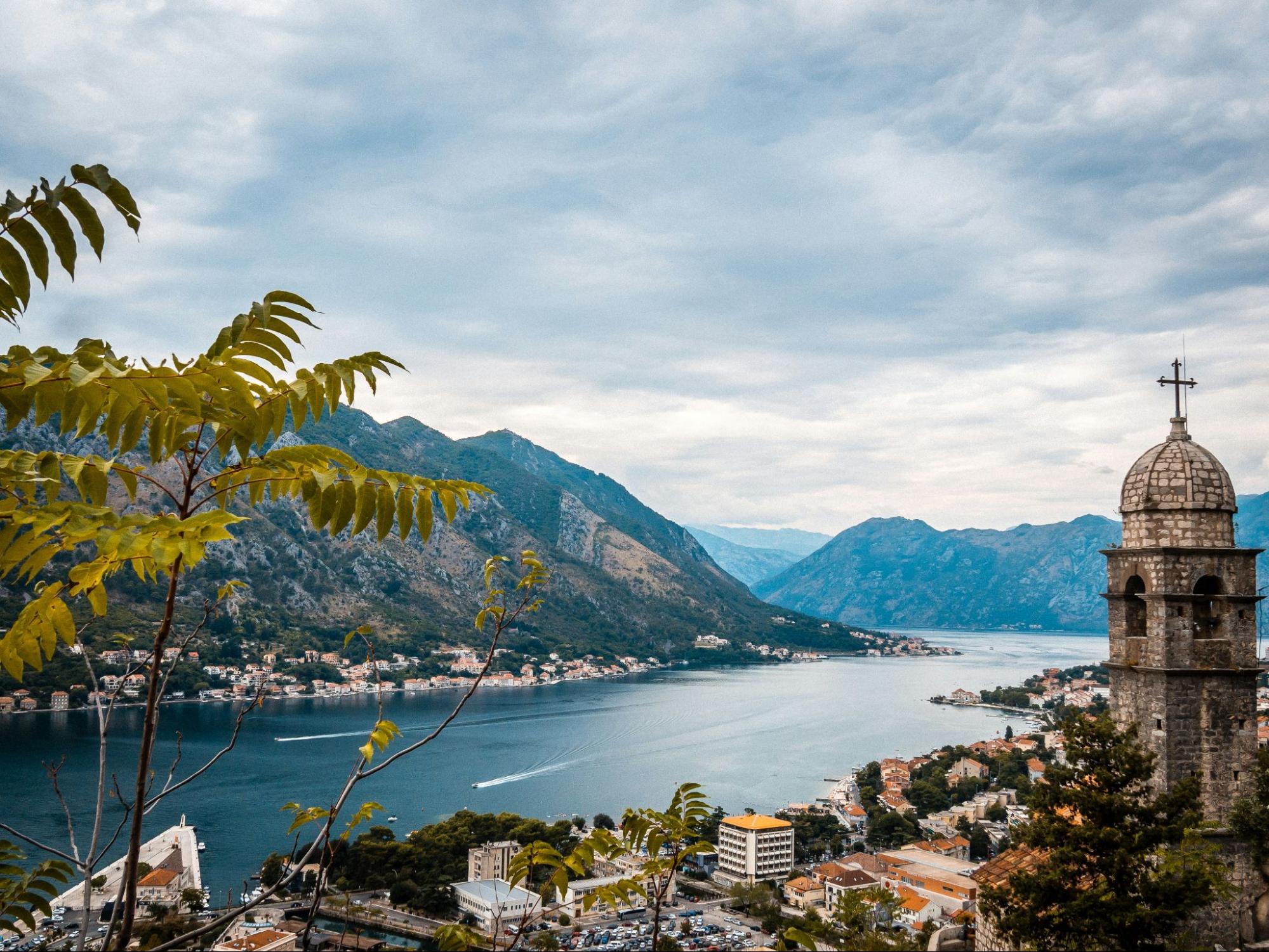
Best Place to Retire in Montenegro: Location Breakdown
Coastal Living
Budva and Bar are great options if you want that Mediterranean retirement dream.
Bar's the top favorite pick for most retirees as it's got everything Budva has, but without the crazy summer crowds and inflated prices.
Nice apartmens run €80K to €120k, walking distance to beaches, decent restaurants, and a relaxed pace that suits retirement perfectly.
Mountain Retreat
Cetinje and Kolasin are good options for retirees who prefer cooler weather and mountain air. Cetinje has this old royal capital charm, while Kolasin offers access to skiing and hiking. Property costs are even lower, and you can get a proper house with a garden for €60K to €80K.
Podgorica
Not everyone wants a quiet life. Podgorica offers city amenities, cultural activities, and easy airport access for visiting family. It's not pretty like the coast or mountains, but it's practical for retirees who want urban conveniences without urban costs.
Retirement in Montenegro for US Citizens
For Americans considering retirement in Montenegro for US citizens, the process is fairly straightforward but requires planning.
Residency Requirements
You can stay 90 days as a tourist, then you need to leave for 90 days before returning. But getting temporary residency is doable if you buy property or can show sufficient income.
Permanent residency after five years, then citizenship is possible after ten. Though honestly, most of the American retiree clients are happy with the temporary residency status since it gives them flexibility to spend time back in the States, too.
Banking and Money
Opening a Montenegro bank account as a US citizen isn't difficult once you have residency.
Most banks have English-speaking staff in major cities. You'll need to report foreign accounts to the IRS, but Montenegro has tax treaties with the US that prevent double taxation on most retirement income.
Healthcare Coverage
US Medicare doesn't work abroad. But private health insurance in Montenegro costs €1,200 to €2,000 annually for comprehensive coverage.
This is less than most Americans pay monthly. Some retirees keep minimal US coverage and pay cash for routine care here.
Challenges to Consider
While Montenegro has countless benefits, it’s worth mentioning some challenges so you can plan ahead.
There are a few challenges, and retirees struggle when they aren’t prepared.
Language Barriers
While many younger Montenegrins speak English, dealing with bureaucracy, healthcare, or tradespeople often requires Montenegrin/Serbian.
We always recommend clients take language classes or connect with expat communities for help.
Cultural Adjustments
Things usually move slower here. Banks close for lunch. Government offices have limited hours. The Internet might go out during storms.
Distance from Family
This hits harder than people expect. Missing birthdays, graduations, and family emergencies weigh on some retirees. Make sure you're emotionally prepared for the distance.
Professional Guidance for a Smooth Transition
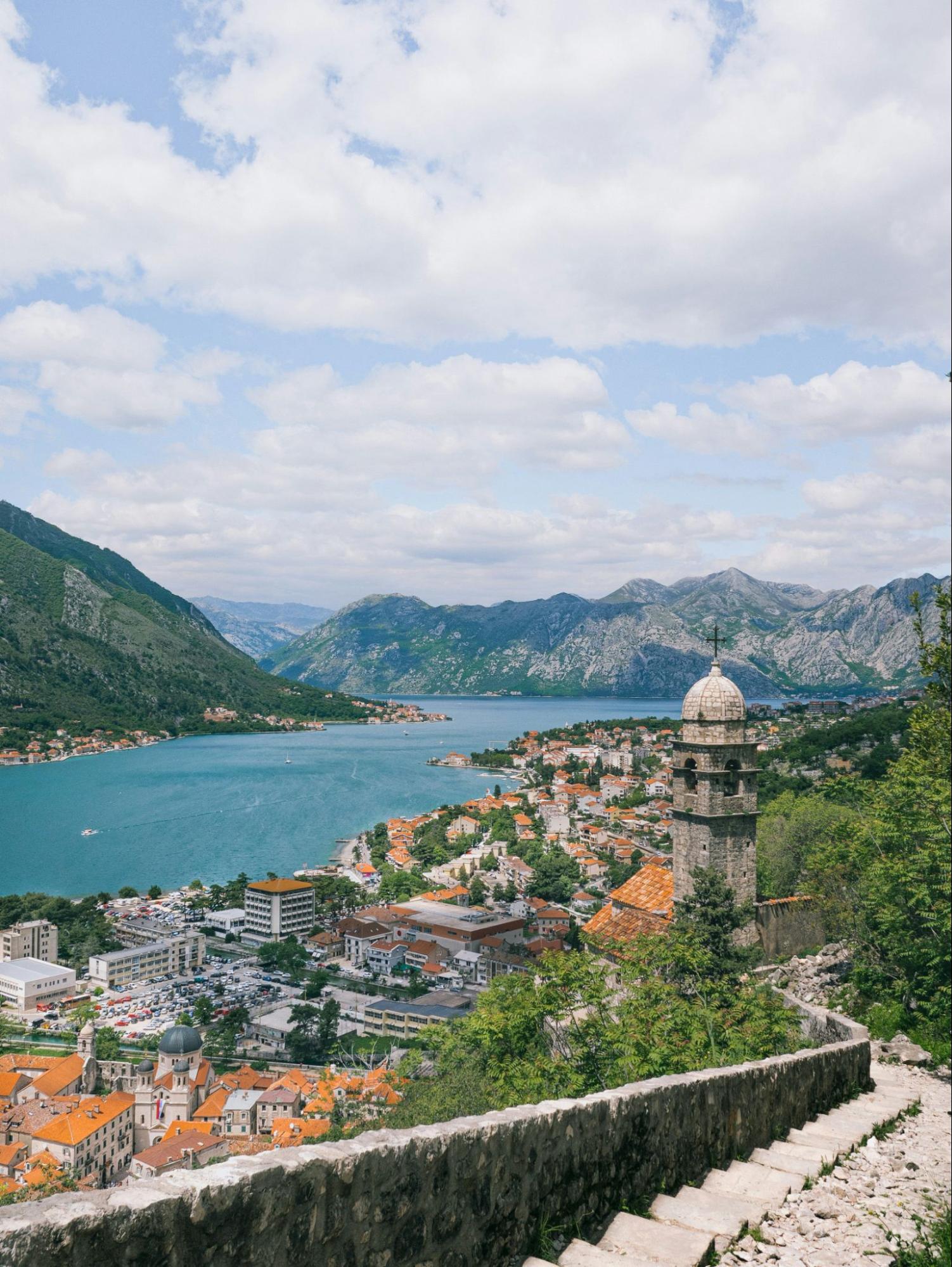
Retiring abroad is a big step, and having professional support can make the process much easier.
From navigating residency permits to finding the right property, working with a knowledgeable real estate broker ensures you make informed decisions. A local expert can also introduce you to communities that best suit your retirement vision.
If you’re considering the move, we invite you to explore our listings and speak with our team about your goals. Retirement should be about peace of mind, and we’re here to help you create it in Montenegro.
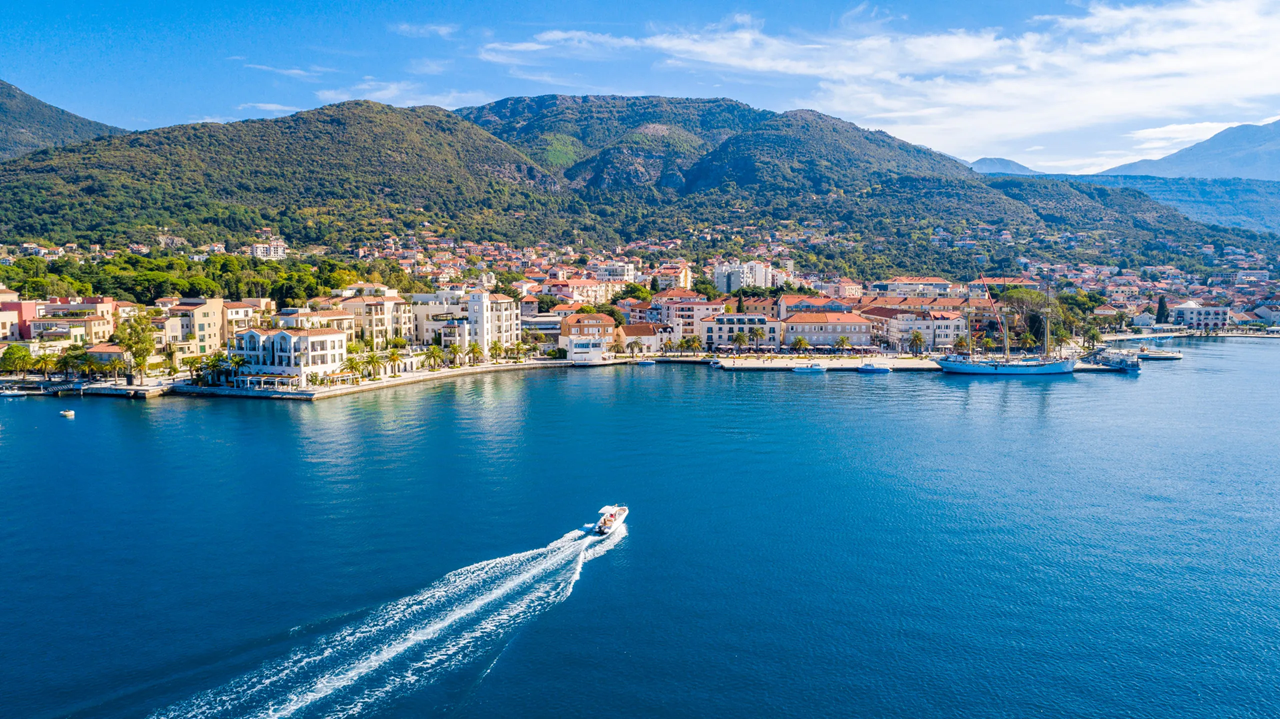

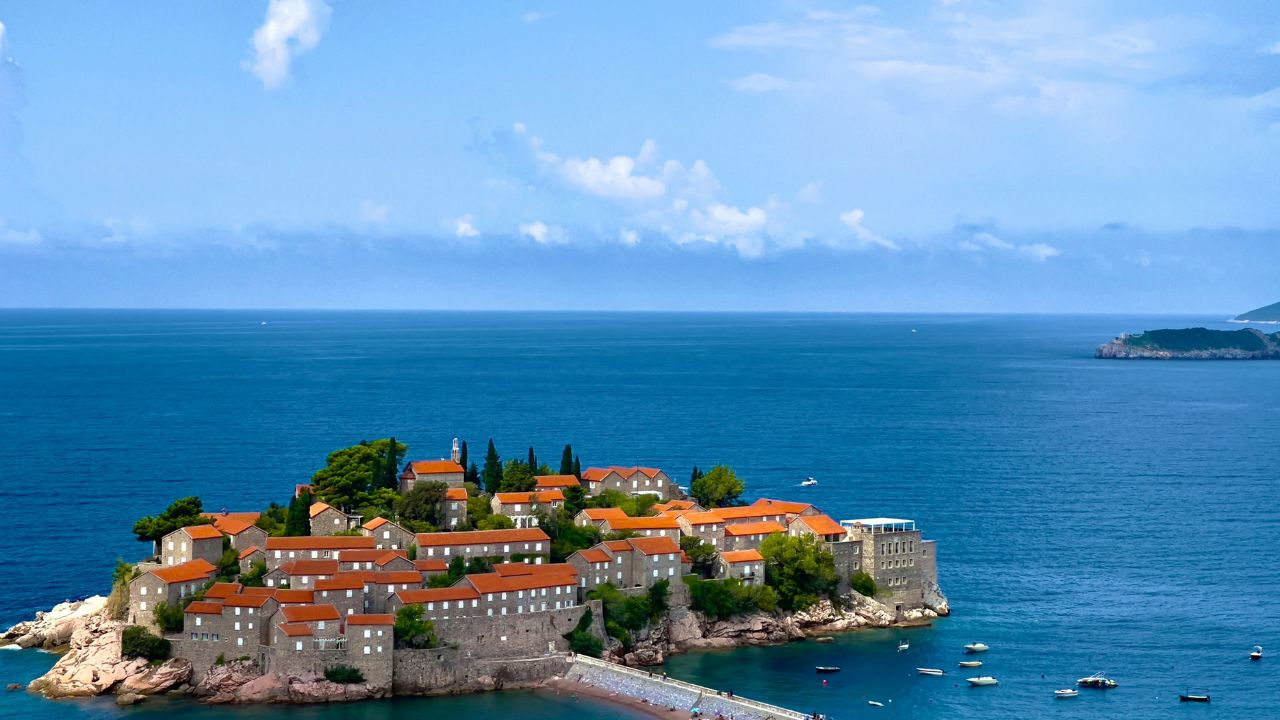

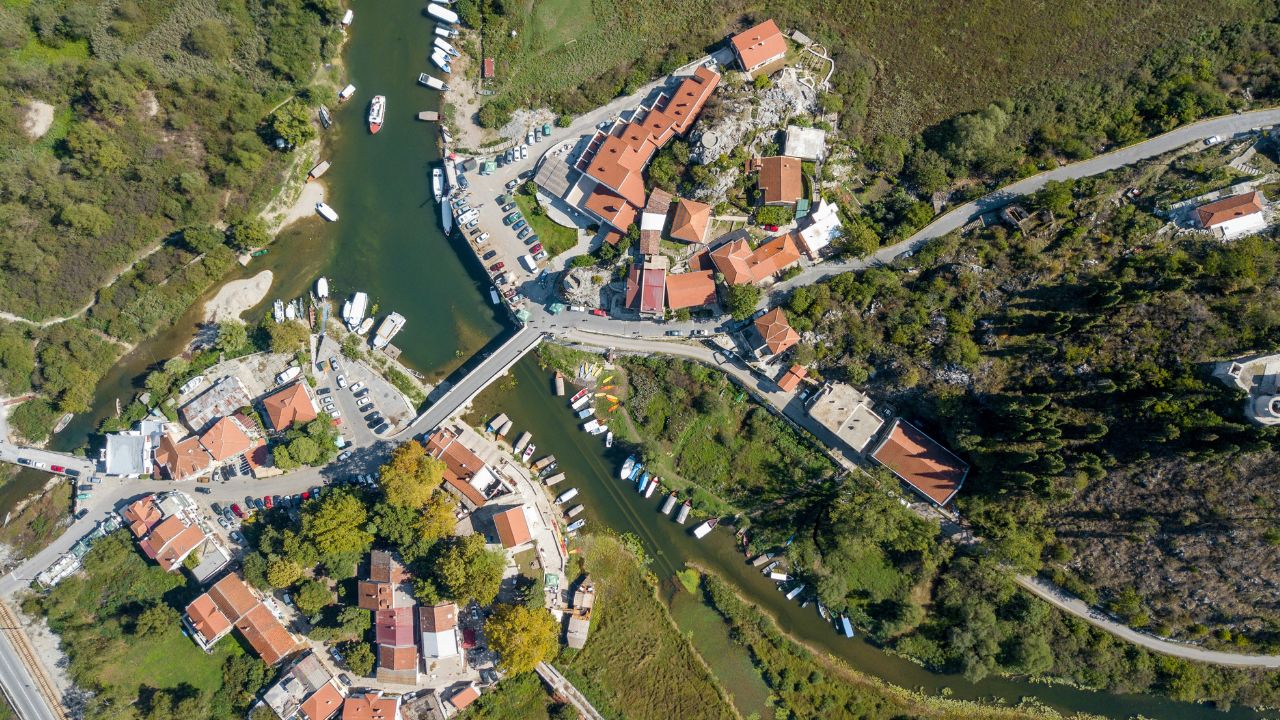
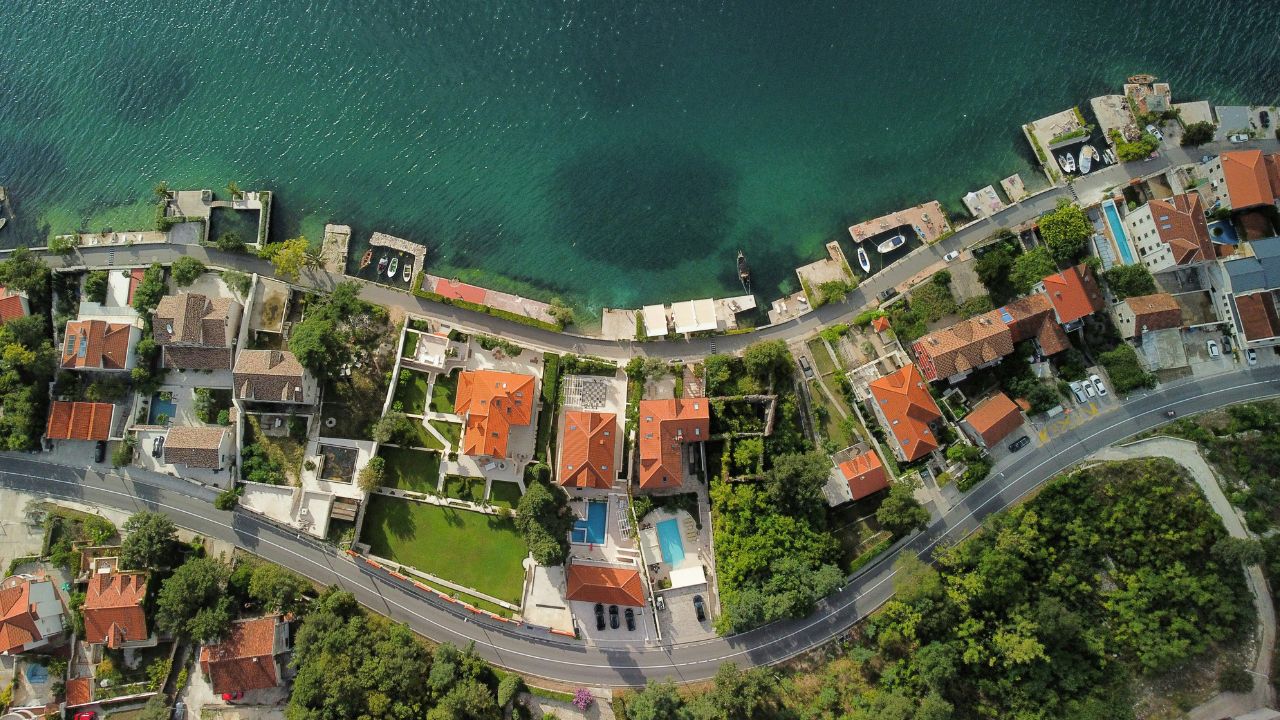



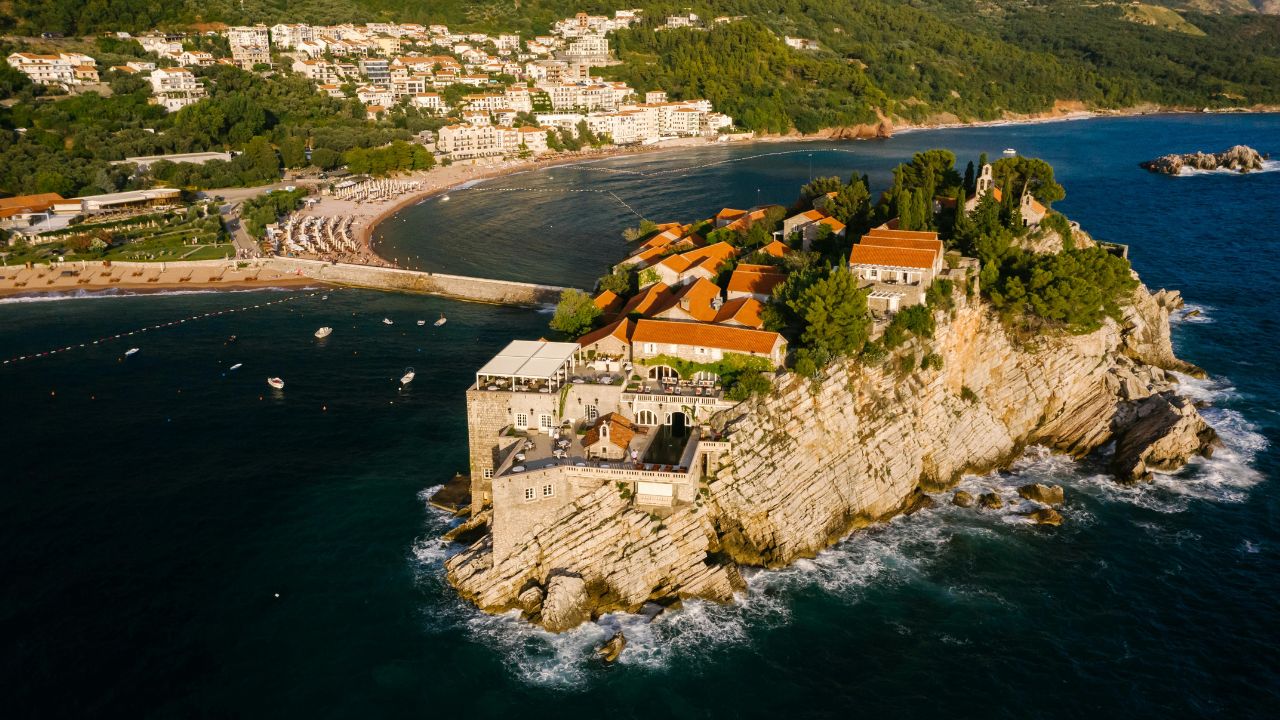








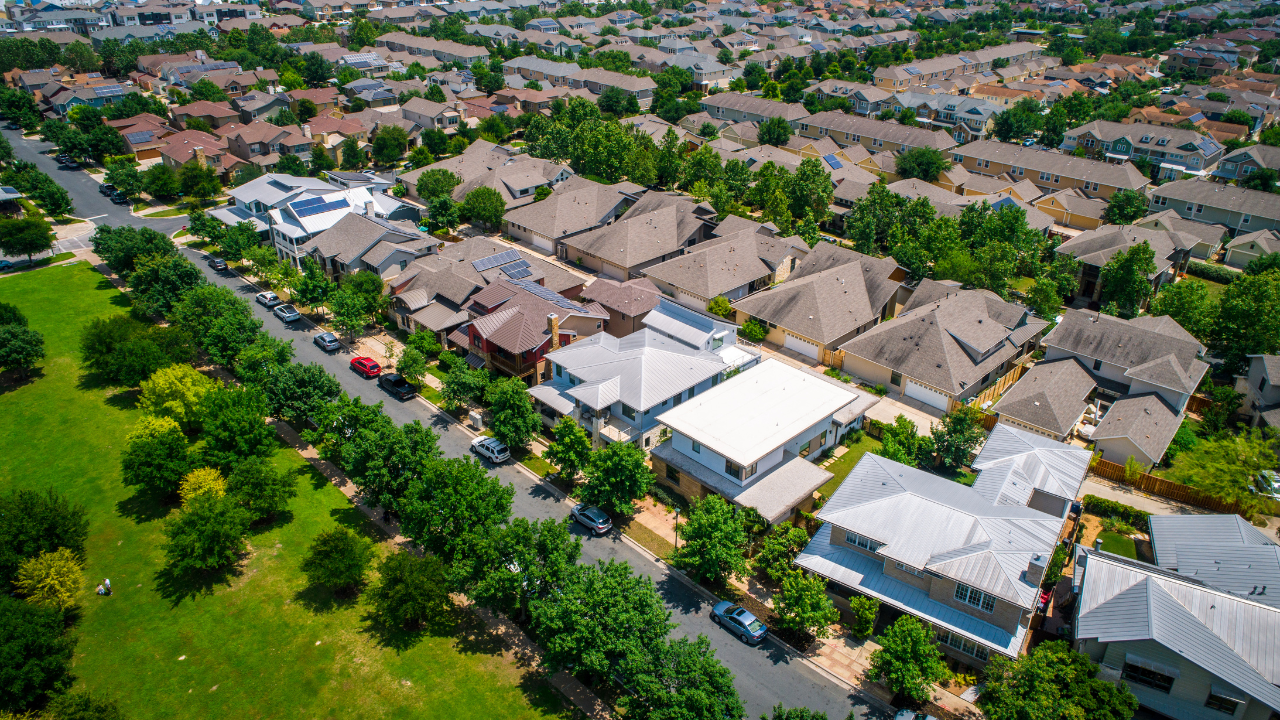

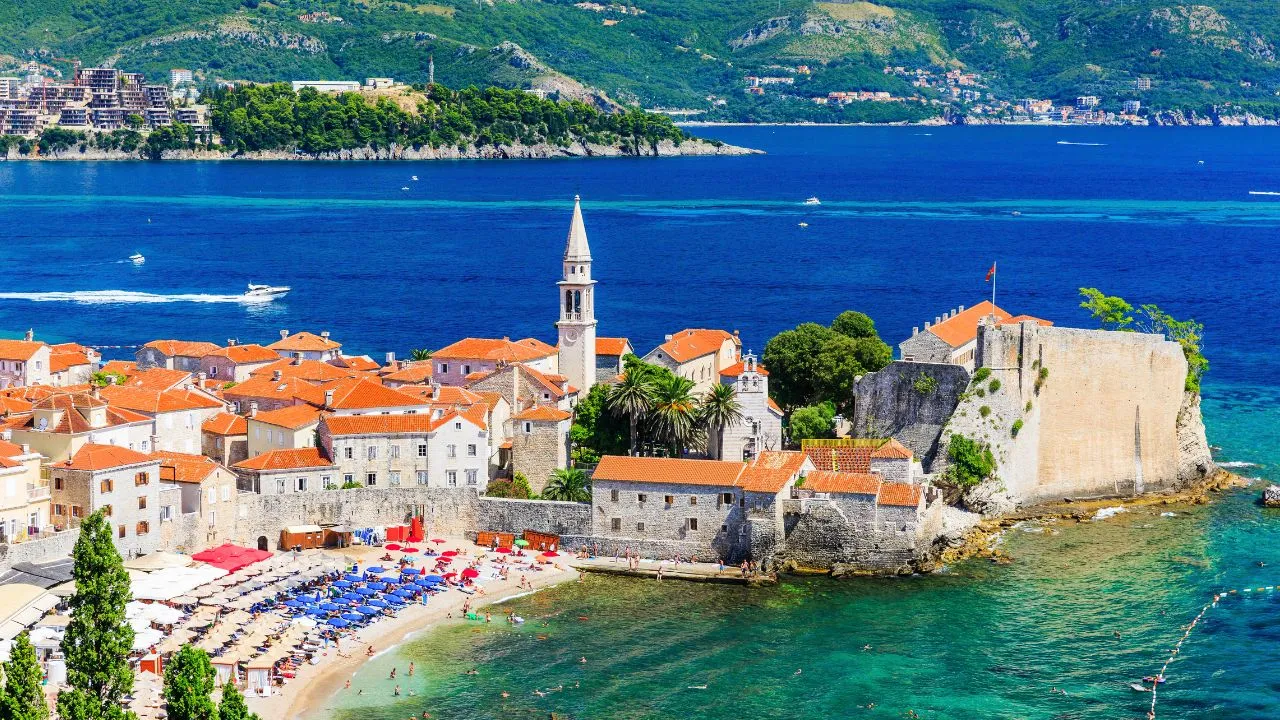




















.webp)

.webp)
.webp)

.webp)

.webp)
.webp)
.webp)

.webp)
.webp)
.webp)
.webp)

.webp)
.webp)
.webp)
.webp)
.webp)
.webp)
.webp)





.webp)

.webp)



















.avif)